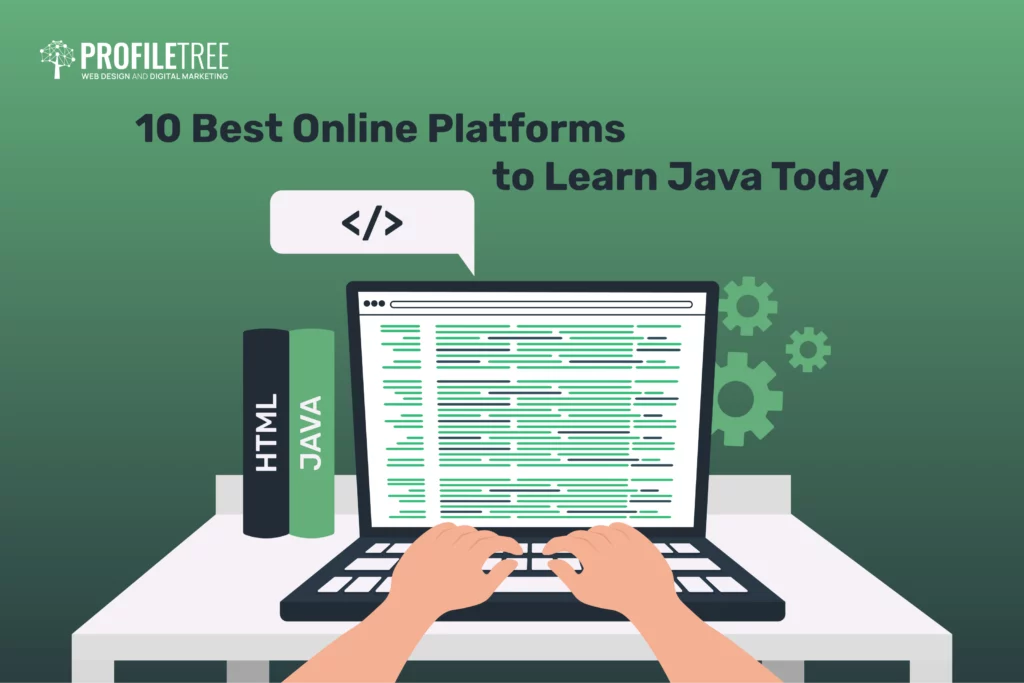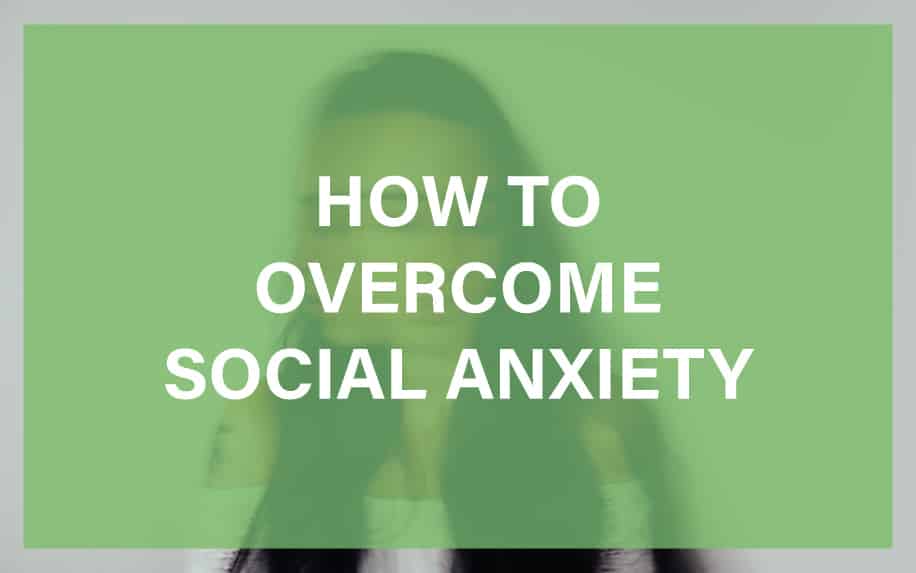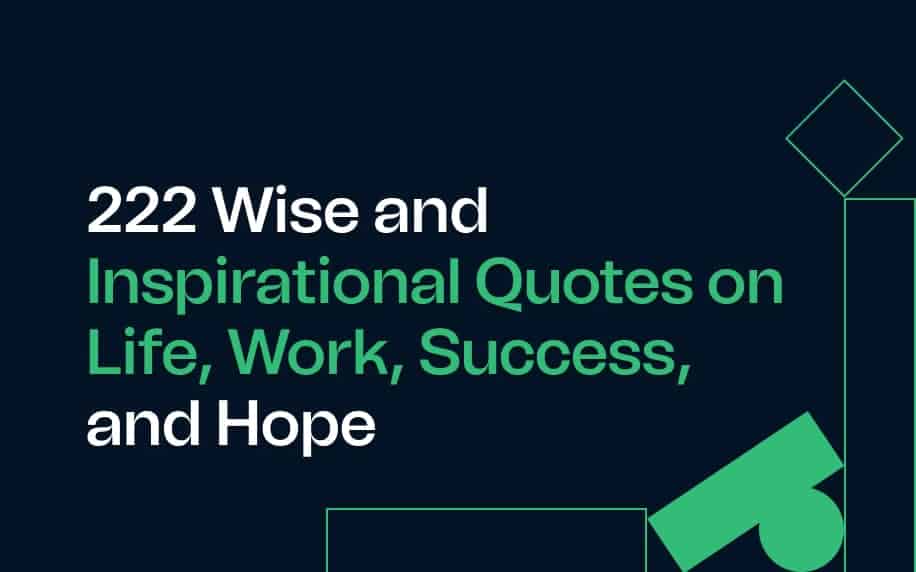In the world of personal development, the foundation upon which all triumphs, transformations, and even failures are built is the mind. Our mindset, the lens through which we perceive the world, plays such a significant role in shaping our reality. It is the compass that guides our responses to challenges, our approach to opportunities, and the narrative we craft about our own potential.
This article is an exploration into the world of a growth mindset—a mindset that sees challenges as opportunities, effort as the path to mastery, and setbacks as stepping stones to success. It is a shift from the static confines of a fixed mindset to the dynamic realm of continuous improvement and resilience.
We will unravel the intricacies of the growth mindset, understanding how it shapes our perception, influences our choices, and ultimately determines the trajectory of our lives. We will also uncover the secrets behind fostering flexibility in the face of adversity, finding opportunities in challenges, and harnessing the power of a positive perspective.
So, fasten your seatbelts, open your mind to the possibilities, and let’s embark on a transformative journey toward developing a mindset that not only defines success but also infuses every moment with purpose and fulfilment.
What is a Growth Mindset?
The concept of the growth mindset was developed and extensively researched by Stanford University’s psychologist Carol S. Dweck, and it refers to the belief that one’s abilities, skills, intelligence, and talents can actually be developed and improved over time through dedication, hard work, learning, and resilience.
Carol Dweck is a leading expert in the fields of motivation and personality. Her groundbreaking work on mindset, particularly the distinction between fixed mindset and growth mindset, has had a profound impact on education, psychology, and personal development.
Dweck’s research on mindset, which began in the 1970s and continued through subsequent decades, has been instrumental in understanding how individuals’ beliefs about learning and intelligence influence their behaviour, motivation, and success. She has authored numerous research papers and is widely recognised for her book “Mindset: The New Psychology of Success,” published in 2006.
In that book, Dweck synthesises her research findings and presents practical insights for individuals, educators, and parents on fostering a growth mindset for personal and academic achievement.
Fixed vs Growth
According to Dweck, the contrast between a fixed mindset and a growth mindset lies in the underlying beliefs individuals hold about their abilities, intelligence, and the nature of their learning.
For instance, individuals with a fixed mindset believe that their abilities and talents are innate traits that are relatively stable and cannot be significantly changed. They tend to avoid challenges and situations where they might not excel, as setbacks and failures are often viewed as personal shortcomings, leading to a decreased willingness to persevere in the face of difficulties.
They also often perceive effort as fruitless if it does not lead to immediate success and that if one has to work hard, it means they actually lack the necessary abilities to work smart and succeed.
It does not even stop here. Those with a fixed mindset most often take constructive criticism personally, as it is seen as an attack on their intelligence or capabilities, which they believe are limited or rigid anyways. They may also feel threatened by the success of others, as it is often perceived as a reflection of their own inadequacy.
Ironically, and even if they feel inadequate, such individuals barely invest any effort in learning and development as much as they do to prove their previously determined belief about their existing abilities.
As you can guess, having a fixed mindset leads to a plateau in personal and professional growth, in addition to many other serious consequences.
On the other hand, individuals who adopt a growth mindset and believe they can develop and improve no matter what their abilities are like often enjoy the following characteristics:
- Embracing Challenges: Individuals with a growth mindset perceive challenges pretty much as opportunities to learn and grow. They are more likely to take on new and difficult tasks, viewing them as a chance to develop their skills.
- Persisting in the Face of Setbacks: Those with a growth mindset comprehend that setbacks and failures are a natural part of the learning process. Instead of being discouraged, they use setbacks as a source of valuable feedback and motivation to improve.
- Cultivating Resilience: A growth mindset fosters resilience in the face of challenges. Individuals are much more likely to bounce back from setbacks, maintaining a positive attitude and a belief in their ability to overcome difficulties.
- Seeing Effort as a Path to Mastery: Effort is always appreciated and seen as a necessary and integral part of the learning journey. People with a growth mindset believe that hard work and dedication will lead to improvement and mastery.
- Learning from Criticism: Constructive criticism is viewed as valuable feedback for personal and professional growth and an opportunity to refine skills.
- Finding Lessons and Inspiration in Others’ Success: Instead of feeling threatened or envious by others’ success, those with a growth mindset find inspiration and lessons in the achievements of others. They see success as a result of hard work and effort that they can emulate.
- Continual Learning and Improvement: The core of the growth mindset is a commitment to continual learning and improvement. Individuals with this mindset approach life with curiosity, seeking opportunities to widen their knowledge and skills.
Assessing Your Current Mindset
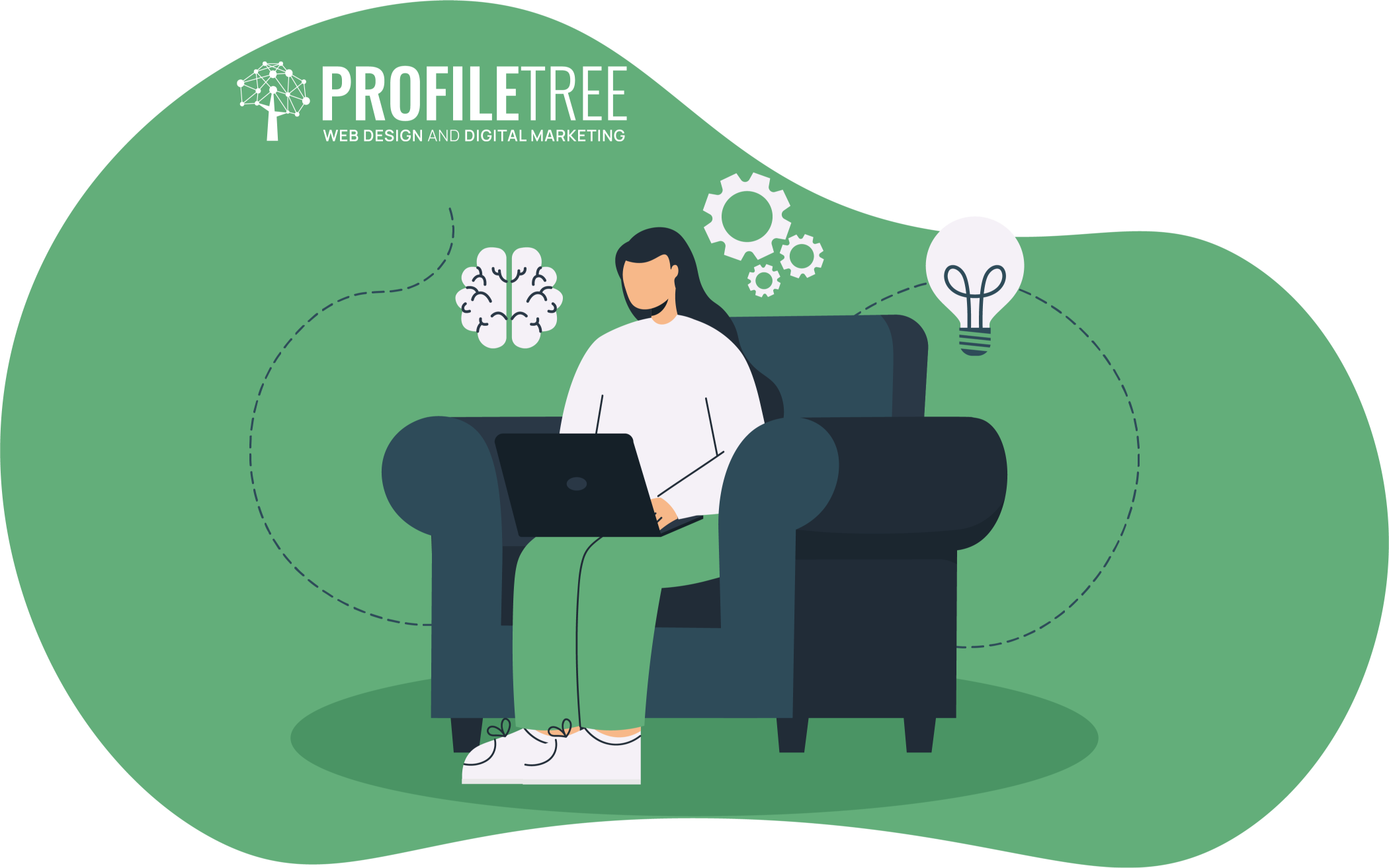
As we can see, developing a growth mindset is indispensable for you to succeed in your personal and professional life. But first, we must assess your current mindset. We need to understand what the mindset that shapes your beliefs, influences your decisions, and ultimately determines your path to success is now like. So, take a moment to reflect on your mindset—is it fixed, or is it growing?
To make it easier, use the following self-assessment tool to identify key indicators and gain insights into your current mindset tendencies.
- Consider your response to challenges. Do you tend to avoid difficult tasks or situations, fearing failure or the possibility of not being good enough?
- Reflect on your perception of effort. Do you believe that success should come effortlessly, and if you have to work hard, does it discourage you?
- Think about how you react to setbacks or failures. Do they demotivate you, making you question your abilities, or do they serve as opportunities for learning and improvement?
- Consider your approach to learning. Do you primarily seek tasks you already excel in to showcase your abilities, or do you actively pursue new skills and knowledge?
- Evaluate your response to feedback and criticism. Do you tend to take it personally, feeling defensive, or do you see it as a valuable tool for personal growth?
- Consider how your mindset influences your relationships. Are you open to learning from others and embracing their strengths, or do you feel the need to constantly prove yourself?
Reflection Questions
- What patterns do you notice in your responses to challenges and setbacks?
- How do you feel about putting in effort and hard work towards your goals?
- In what areas of your life do you actively seek opportunities for learning and growth?
- How do you usually handle feedback, both positive and constructive criticism?
- Do you find inspiration in others’ success, or does it trigger feelings of inadequacy?
- In your personal and professional relationships, do you approach them with a mindset of collaboration and growth?
After completing the self-assessment, reflect on the areas where you may lean towards a fixed mindset, but do not get upset if they happen to be a lot. Remember, self-awareness is the very first step toward positive change.
OK, done? Now consider how adopting a growth mindset in these areas could lead to greater resilience, motivation, and overall fulfilment in your journey of personal development. Great! Let’s now see how you can actually adopt a growth mindset that is guaranteed to propel you toward success and a more enriching life.
Adopting a Growth Mindset
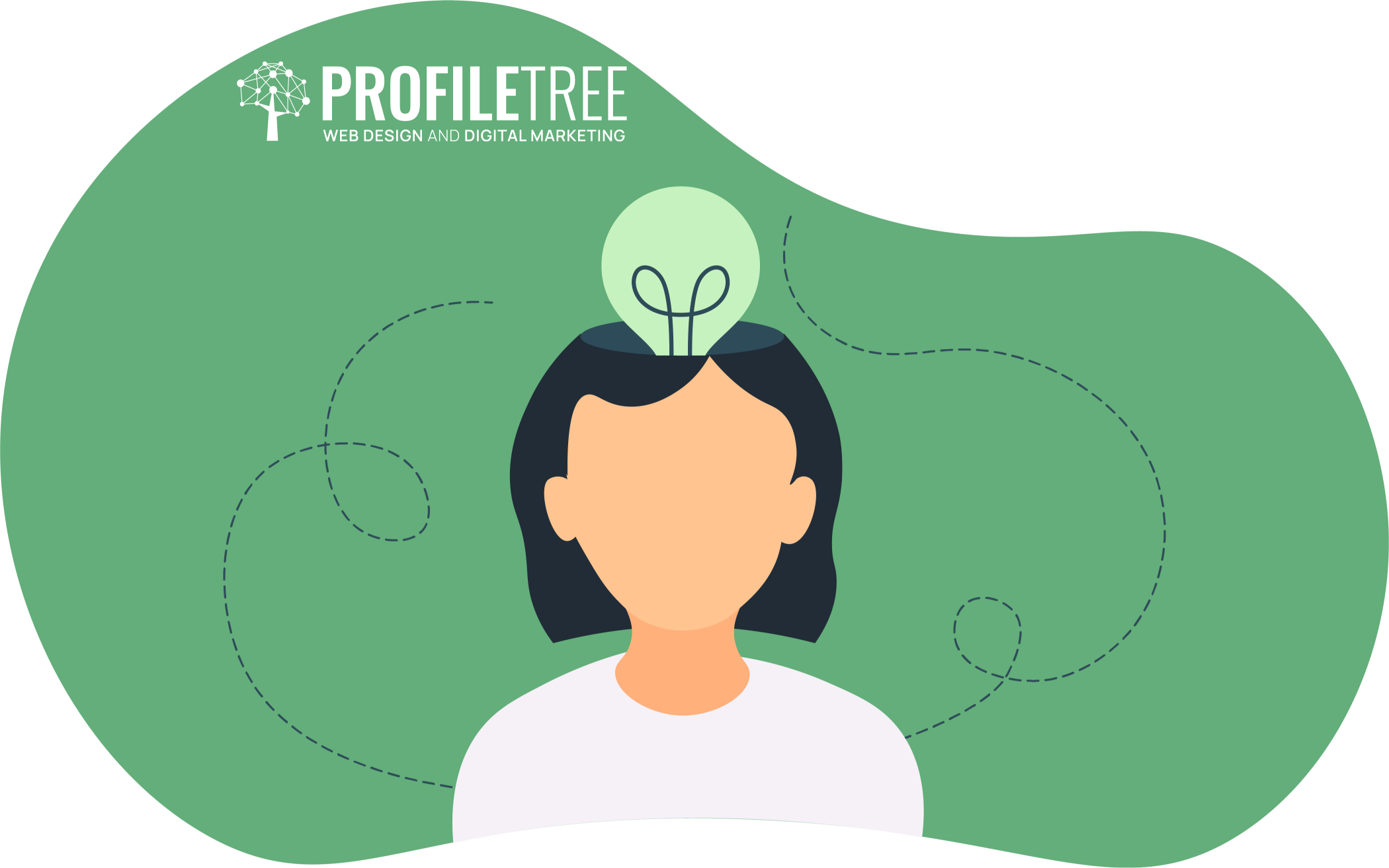
Adopting a growth mindset boils down to shifting your perspective and the way you view yourself and your life in general. Start by reframing setbacks as opportunities for learning. Develop a curiosity and interest in learning new things, enjoy the learning process itself, and celebrate it rather than focusing solely on outcomes.
You must also spend conscious effort to replace all self-limiting beliefs with a new true belief in your capacity to improve over time with consistent work and dedication. Actively seek out challenges and view criticism as an invitation to improve yourself. You should also surround yourself with a supportive and growth-minded environment and also encourage and support others in their efforts to grow.
Here are some more practical strategies to help you develop a growth mindset:
- Use the Power of “Yet”: When faced with a challenge or a skill you have not mastered, remind yourself that you have not mastered it “yet” and that you will.
- Set Realistic Goals: Set achievable yet challenging goals. Break them down into smaller, easy-to-handle ones, and celebrate your progress as you work towards these objectives.
- Ask for Feedback and Learn from Others: Actively seek feedback from other people and learn from their experiences. Engage with people who have a growth mindset, as their perspective and approach can be inspiring and educational.
- Regularly Reflect on Your Mindset: Take time to reflect on your mindset and adjust it as needed. Identify and challenge any fixed mindset thoughts that may arise.
Remember that adopting a growth mindset is an ongoing process. Just like how your limiting beliefs took long to be rooted in your mind, they may also be slow to replace with other positive, true, and genuine ones. Such a process requires consistent, conscious effort and time, so be patient with yourself and consistently apply these strategies to develop a more positive and growth-oriented mindset.
Barriers
Like everything else in life, including this little walk or drive from your home to the very nearby supermarket, the journey to cultivating a growth mindset is not always seamless and often incorporates a set of barriers.
This is pretty normal, but the problem is that many individuals are not actually aware of these barriers, which makes them either stop longer than they should or call off the whole development process altogether. So, let’s explore some of those common barriers individuals might face as well as strategies to dismantle them.
First of all, some individuals may not be aware that their mindset is fixed in the first place and that it is hindering their ability to make intentional changes. So, fostering self-awareness through reflection and mindfulness is key. Those individuals must regularly assess their thoughts and reactions to challenges and engage in open conversations with mentors, friends, or therapists who can provide insights.
The inability to adopt a growth mindset is also strongly tied to negative self-talk and what people tell themselves about themselves, which is actually how limiting beliefs are constructed in the first place.
So, everyone must pay attention to their self-talk and external communication. They should replace fixed mindset language such as “I can’t do this” or “I am not good at this” with “I can learn” and “I can improve.”
Then, we have the fear of failure, which can evidently paralyse individuals, leading them to avoid not only challenges but sometimes even normal actions to prevent potential setbacks or losses. To overcome that, people should reframe failure as a natural part of the learning process and life in general. Understand that problems are not indicators of inherent limitations but opportunities for growth and refinement.
Another nasty barrier is impatience. It is not uncommon for many people to ask about how long it takes to lose a certain amount of weight, become flexible, learn a language, or receive a promotion. This is because the modern world often emphasises quick success, leading individuals to become impatient with the gradual progress required for real growth.
To fix this problem, individuals truly need to embrace the journey. They can cultivate patience by setting realistic expectations and celebrating small victories along the way. They must also understand the significance of consistency to sustain success.
Remaining within the comfort zone also prevents the activation of a growth mindset. This feeling of safety, while nice and all, makes individuals resist stepping into the unknown mainly fearing discomfort. Instead, they should acknowledge that growth happens outside familiar territory and embrace the opportunities that come with stretching their boundaries, then gradually expand their comfort zone by setting small, achievable goals and committing to work toward them.
Another unpleasant obstacle that stops people from cultivating a growth mindset, one that was tremendously manifested by social media, is constantly comparing themselves to others, which leads to feelings of inadequacy and hinders the willingness to take on challenges, at the very least, not to mention other serious consequences such as low self-esteem, loss of self-confidence and self-worth, anxiety and in many cases even depression.
To help overcome this, everybody must focus on their individual effort, track their progress, celebrate their personal achievements, appreciate the fact that they are committed to their own growth and development, and keep the promises they are making to themselves. They must also understand that others’ successes are not by any means benchmarks for their worth and can be a great source of inspiration rather than a hindrance.
Conclusion
Cultivating a growth mindset is never a one-time endeavour but a lifelong journey. Remember, the brain is a muscle, and it thrives on challenge and effort. So, keep learning, embracing challenges, and celebrating your progress. With each step, you will unlock your true potential and discover that the only limit is the one you set for yourself.
Now that you have explored the power of a growth mindset do not let it sit on the shelf. Start small: reframe your self-talk, celebrate effort over outcome, and seek out opportunities to learn and grow. Remember, even the smallest shifts can lead to big changes. So, take the first step today and embark on your own growth journey.
